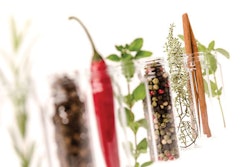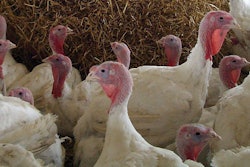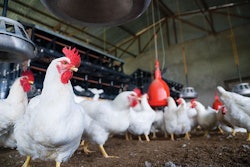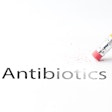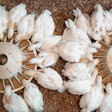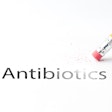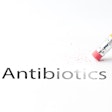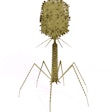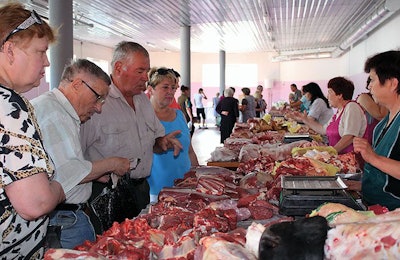
Growing consumer awareness about antibiotics resistance in Russia has started affect their behavior at the grocery store. Coupled with the efforts taken to sell more products abroad, these factors are reportedly pushing meat companies to adopt advanced feeding practices.
In recent months, the Russian meat market has been shaken by several major quality scandals.
Russian sanitary watchdog, Rospotrebnadzor, is charged to inspect the condition of food on grocery shelves; however, it is believed that the regulator performs its duties rather poorly, so several independent consumer-protection organizations have been established in Russia to find out what is really going on in the meat market.
One of these organizations, Roscontrol, had been conducting numerous studies of samples taken from the supermarkets and eventually came to discouraging results. In January 2018, Roscontrol found products of the Russian largest meat producers, including Miratorg and Belaya Pritsa, contaminated with antibiotic residues.
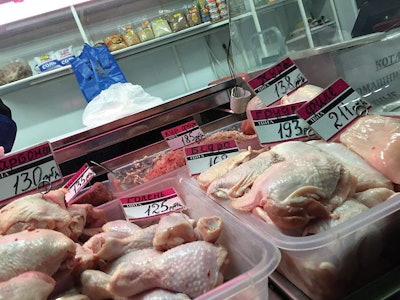
Roscontrol found meat often containing antibiotics residues in Russia. | Roscontrol
“Consumers in Russia are scared by the products with antibiotics residues,” says Irina Kohonova, a dietarian and a senior expert of Roscontrol. “Regular consumption of products containing antibiotics, for example, streptomycin, causes allergic reactions and alimentary disorders. It is not so dangerous for the adults, but there are researches that found link between streptomycin residues in food and problems with hearings of children.”
In November 2017, several Russian MPs offered State Duma, the lower chamber of the Russian Parliament, to prohibit the non-therapeutic antibiotics use in meat industry. Vladimir Zhirinovsky, one of the members of parliament, raised concerns about the occurrence of superbugs from the overwhelming use of antibiotics applied to treat agricultural animals. He then called to introduce some new rules, restricting even the therapeutic antibiotics use in livestock industry in Russia.
This was the first time when the high-ranking officials pointed attention to the problem of antibiotics resistance. State Duma passed the issue to its veterinary committee where a relevant bill could be designed in the course of 2018.
“In Russia a meat producer is free to use in-feed antibiotics in virtually unlimited quantities,” comments Petr Konardov, the spokesman for the Russian consulting agency EMEAT. “The only thing is that it must ensure there would not be any residues in milk or in [animals] being sent to the slaughterhouse.”
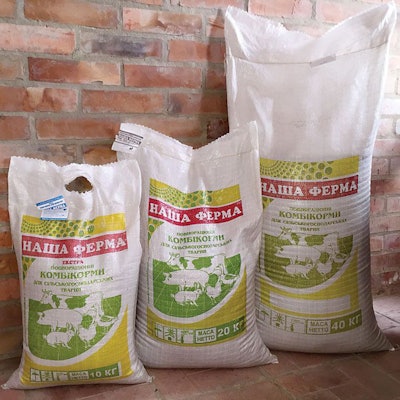
New types of feed are in demand in Russia. | Nasha Ferma
New organic labels
The Russian domestic meat industry is on the edge of the major changes. As of late 2017, State Duma has passed the first reading of the bill on organic farming, proposing to introduce a new traceability system for the products carrying the eco-label.
“The important feature of organic products is that they will be tested not only prior to hitting store shelves, but throughout the entire supply chain, from soil to the package,” says Sergey Korshunov, the chairman of the Russian Union of Organic Farming. “In the end, every product within that system will have its unique trace number, which could be used in order to find all necessary information about it in the special state database”.
The strict traceability system prepared for the organic products should make any fraud in the organic market virtually impossible, according to Korshunov.
Tatiana Stepina, the chairman of the Russian Union of Feed Producers, expressed opinion that the industry already had been going through the major changes, as meat producers start seeking ways to move away from in-feed antibiotics, replacing them with some innovative products, including probiotics, prebiotics, phytogenetics and so on.
“Of course, the sanitary conditions at the most farms don’t allow to refuse the use of antibiotics once and for all,” she says. “There must be some transition period. However, basically, the whole world in terms of animal feeding is moving in that direction [of lower antibiotics use].”
“Within the new organic system, meat producers would be forced to abandon the use of not only antibiotics, but also many other things, like growth promoters, steroids, some feed additives and GMO,” according to Korshunov.
It is not clear, however, how much these substances Russian producers are really using, as most meat companies wish to not disclose their feed formulations.
National Meat Association (NMA) of Russia has estimated that the cost of beef, produced in accordance to the organic standards, will range from 30 percent to 60 percent higher, as compared to the beef, manufactured using the conventional feeding practices, reports NMA chairman Sergey Yushin.
Andrey Danilenko, the chairman of the National Union of Milk Producers also estimated that the production cost of organic milk would be 50 percent above the current market’s average, and this would be basically in line with the picture seen at the global market.
Russian consulting agency Abercade reported that only 12 percent farms in Russia were really applying probiotics, prebiotics or some other form of what is used to be called “the innovative feeding solutions.”
In general, Russian farmers are using 10 times less these advanced feeding solutions per kilogram of produced meat compared to the European Union, Abercade estimated. However, researchers believe the domestic market for probiotics in Russia will soon grow by two to three times to Rub7.1 billion/year (USD$120 million).
The Russian Union of Organic Farming also reports that up to 30 percent of Russian meat producers expressed their willingness to be properly registered to release organic products — hence drastically changing their feed formulations.
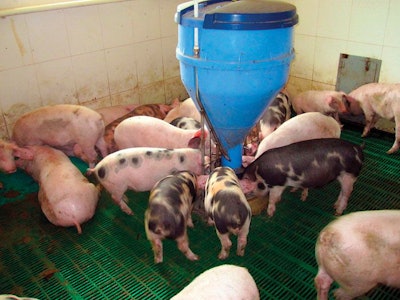
Russian farmers are pushed to change feed formulations. | Russian Institute of Engineering and Ecological Problems in Agriculture (SZNII)
Export opportunities
The organic system currently being introduced in Russia could be a tool to arrange international promotion of select products, according to the federal authorities.
Russia could start exporting organic products for some $15 to $20 billion per year, Alexander Tkachev, the Agricultural Minister of Russia, estimated speaking at a government meeting dedicated to the adoption of the organic bill in early January.
“Russia, in fact, is the world’s bank of clean agricultural land so today we see the high potential of this [international organic] market,” Tkachev says. “Some assessments say that the global market of organic products could reach $200 billion in 2022.”
Due to veterinary and sanitary problems, Russian authorities have failed to establish export meat supplies to key markets. To date, Russia has been exporting meat only in the post-Soviet space, plus some countries in Middle East and Asia, according to the Federal Customs Service.
However, as for organic production, the picture is different. Prior to the final adoption of the organic standards, Russian farmers already evidence some interest in clean products from several countries, including the Netherlands, UK, France, Germany, Canada and Italy, according to Korshunov.
Russian Prime Minister Dmitry Medvedev, speaking during the same government meeting, claimed that the country could become the world’s largest exporter of organic food, adding that farmers working in this direction would be subjected to state aid.

